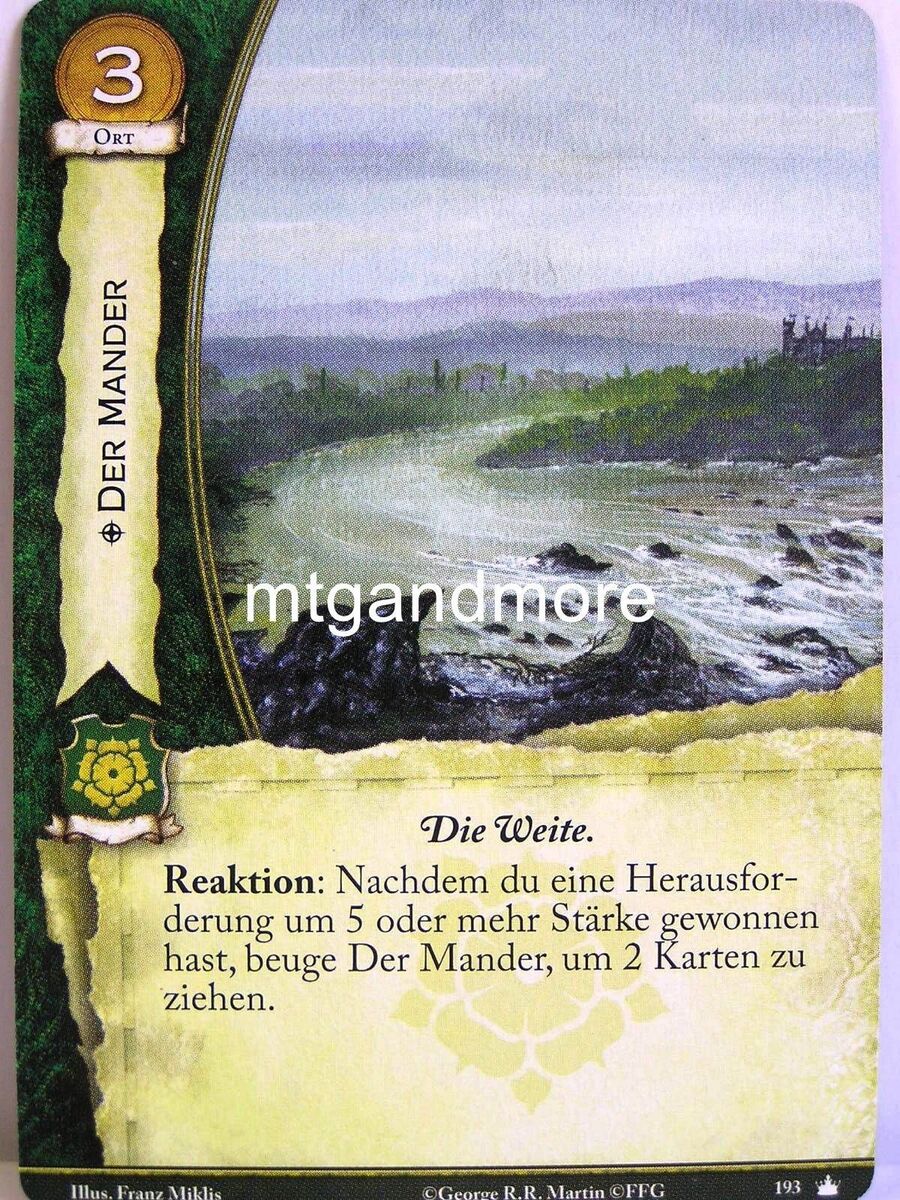
Introduction
Since its debut in 2011, HBO’s Game of Thrones has become a significant part of popular culture, redefining the fantasy genre on television. Based on George R.R. Martin’s book series, A Song of Ice and Fire, the show captivated millions with its complex characters, intricate political plots, and rich world-building, becoming a cultural phenomenon that continues to influence media and fan communities even after its conclusion in 2019.
The Impact of Game of Thrones
Popularity and Viewer Engagement
At its peak, Game of Thrones boasted over 17 million viewers on HBO’s channels alone, making it one of the most-watched series in cable history. Its finale set records, garnering more than 19 million viewers across all platforms on the night of its airing. The series incited passionate discussions, fan theories, and even academic analyses, showcasing its profound impact on contemporary viewing habits.
Cultural Influence
The show’s influence extends beyond viewership figures; it has inspired merchandise, video games, board games, and even themed events and conventions. Iconic phrases such as ‘Winter is Coming’ have permeated common vernacular, illustrating how deeply the series embedded itself into popular culture. The production values set new standards for television, with its epic battles and stunning cinematography attracting critical acclaim, including numerous Emmy Awards.
Criticism and Controversy
Despite its success, Game of Thrones also faced considerable criticism, particularly in its final season. Fans expressed disappointment over character arcs, pacing, and the resolution of long-standing plotlines. This discourse highlights the challenges inherent in adapting a sprawling literary work for television, where expectations from an invested audience can drastically shape perceptions of storytelling quality.
Conclusion: Legacy and Future
As we reflect on its legacy, Game of Thrones undeniably changed the landscape of television and created a lasting impression on viewers worldwide. It opened the door for more high-budget fantasy series, inspiring projects such as Amazon’s The Wheel of Time and HBO’s House of the Dragon, the latter based on the Targaryen family history. Looking to the future, the show’s ability to foster community through fan engagement and online discourse will likely pave the way for ongoing interest in epic fantasy narratives.
In summary, while the series has concluded, the conversation around Game of Thrones continues, making it a significant chapter in television history that may influence the genre for years to come.



